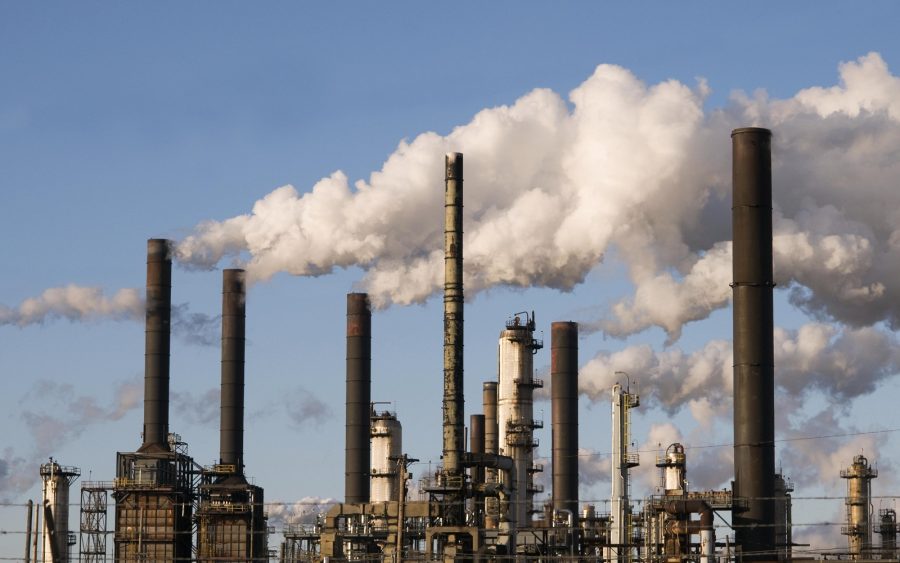- Manufacturers Association of Nigeria (MAN) has noted that manufacturers in Nigeria spent around N144 billion on alternative sources of energy in 2022.
- MAN warns that an increase in electricity tariffs would lead to higher production costs and subsequently result in higher prices of goods and services.
- MAN’s Director-General, Segun Ajayi-Kadir, expresses concerns about the absence of a stable and reasonably priced electricity supply, forcing manufacturers to rely on expensive alternative energy sources.
- MAN calls for investments in the energy industry to improve electricity generation, transmission, and distribution, as well as effective implementation of the Electricity Act (2023) to boost electricity supply and eradicate energy poverty.
The Manufacturers Association of Nigeria (MAN) has stated that its members spent around N144.5 billion on sourcing energy outside the grid in 2022.
The Director-General of MAN, Mr. Segun Kadir stated that the figure represents an increase of N77 billion from what was obtainable in 2021.
MAN’s concern about the electricity hike
The association made this known in a press statement over the proposed electricity tariff hike by the NERC. MAN expressed concerns over the potential increase in electricity tariffs, warning that this could lead to a surge in production costs, subsequently causing an increase in the prices of goods and services across the country.
Segun Ajayi-Kadir, the Director-General of MAN, voiced deep concern regarding the proposed tariff hike scheduled to commence on July 1, 2023, emphasizing that a 40 per cent increase at this time is excessive and unjustifiable.
He lamented the absence of a stable, efficient, and reasonably priced electricity supply in Nigeria, a long-standing challenge faced by manufacturers.
Impact of unreliable electricity on Manufacturers
According to Ajayi-Kadir, the unreliable electricity supply has forced many manufacturing industries to seek alternative energy sources, such as diesel, which have become exorbitantly expensive.
He stated, “On average, surveyed data by MAN suggested that manufacturers spent at least N144.5 billion on sourcing alternative energy in 2022, up from N77.22 billion in 2021. This translates to about an 87 per cent increase in the cost of access to alternative energy sources by manufacturers within a year.”
Over the past eight years, electricity tariffs have risen by 186 per cent. Ajayi-Kadir also pointed out the government’s outstanding debt of N75 billion in unpaid electricity bills, which underscores the burdensome cost of electricity.
The MAN Director-General stressed that any further increase in electricity tariffs would result in higher production costs for manufacturers. He highlighted the fact that energy costs already account for between 28 per cent to 40 per cent of the manufacturing industry’s cost structure.
Recommendations of the association
MAN expects the federal government and the Nigerian Electricity Regulatory Commission (NERC) to prioritize improving electricity generation, transmission, and distribution to ensure adequate and reliable power supply.
They believe that rather than burdening consumers with tariff hikes, investments should be made in the energy industry to expand generation capacity and support large-scale electricity production.
Ajayi-Kadir also emphasized the need for effective implementation of the recently enacted Electricity Act (2023), which aims to boost the electricity supply in the country.
Ajayi-Kadir stressed the importance of extensive and intensive consultations between the government and manufacturers.
He called for proactive measures to salvage the manufacturing sector and prevent the closure of factories, which would have adverse effects on employment and the overall economy.
